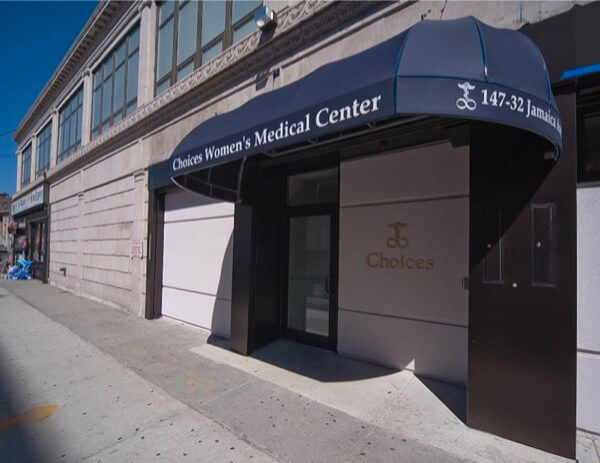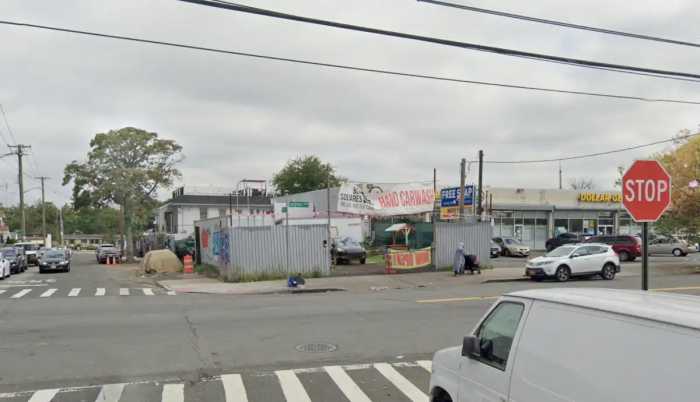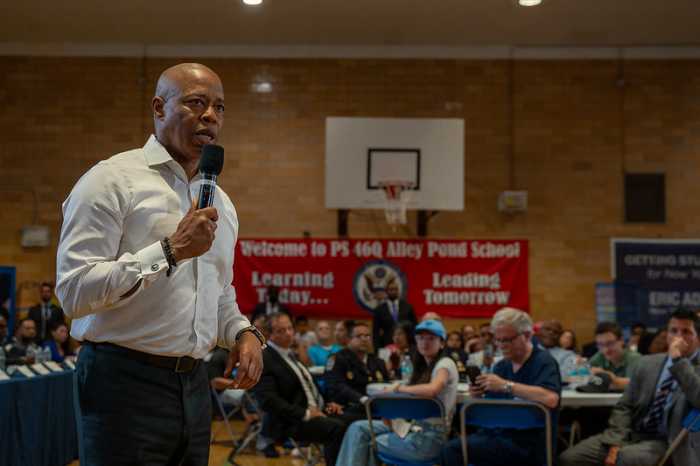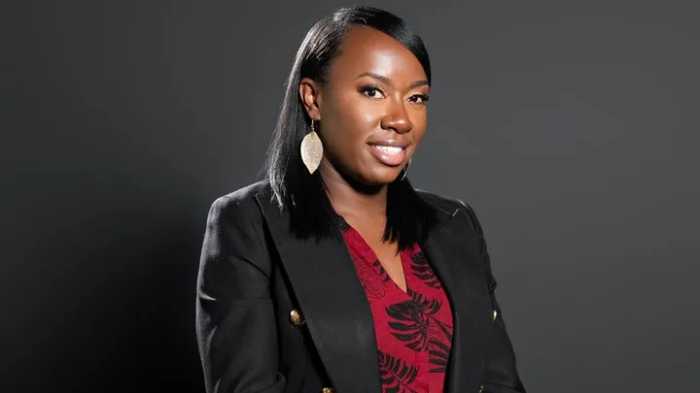By Carlotta Mohamed
A federal judge ruled in favor of 13 anti-abortion protesters last Friday who have harassed and allegedly threatened patients shielded by their escorts entering Choices Women’s Medical Center in Jamaica, where women are provided health-care services, including constitutionally protected abortion services.
“The court’s decision denying our patients and staff protection from the harassment and intimidation they currently experience on a weekly basis is inexplicable, and its utter disregard of their testimony is a shocking repudiation of their lived experiences” said Merle Hoffman, founder and president of Choices Women’s Medical Center.
Hoffman added that “Choices will never be deterred in its commitment to provide the best reproductive health care possible—including abortions—and volunteer escorts will continue to support and protect patients from anti-choice harassment.”
Every Saturday morning for the past six years since Choices Women’s Medical Center opened its doors at 147-32 Jamaica Ave. in early 2012, anti-abortion protesters and volunteer clinic escorts clashed outside. Protesters hold large signs with purported images of aborted fetuses, preach, and approach patients with their companions — whether they are there for an abortion or not — handing out anti-abortion pamphlets, according to the federal lawsuit.
The protesters are congregants from Church at the Rock; Grace Baptist Church; Helpers of God’s Precious Infants; a Catholic group; and various “independent” protestors, the suit said.
The suit was filed on June 20, 2017 by former state Attorney General Eric Schneiderman in federal court in Brooklyn against 13 named protester-defendants. It sought primarily to enforce the federal Freedom of Access to Clinic Entrances Act, the state New York Clinic Access Act, and the New York City Clinic Access Act, which together prohibit the actual or threatened use of force, obstruction, or harassment to injure, intimidate, or interfere with a person seeking reproductive health-care services.
But in the ruling issued July 20 to deny Acting Attorney General Barbara Underwood’s motion for a preliminary injunction, Manhattan Judge Carol Bagley Amon said Underwood’s evidence –limited to the protesters’ admissions, videos, and photographs– failed to show that the defendants intended to “harass, annoy, or alarm a patient, companion, or escort” as they entered, according to the lawsuit.
She added that “this decision should not embolden the defendants to engage in more aggressive conduct” and that “several of the defendants’ actions came close to crossing the line from activity protected by the First Amendment to conduct prohibited by” state law.
“The court’s ruling is another blow to Roe vs. Wade, effectively limiting abortion rights to women willing to run a gauntlet of harassment, intimidation, obstruction, and humiliation,” said Councilman Rory Lancman (D-Hillcrest), chairman of the Committee on the Justice System.
Amy Spitalnick, a spokeswoman for Underwood, said the evidence detailed a clear pattern of harassment, and the AG’s office is reviewing its options.
“This office won’t hesitate to take on the tough fights necessary to protect women’s fundamental rights — and that includes access to reproductive health care without harassment or threats,” Spitalnick said.
Reach reporter Carlotta Mohamed by e-mail at cmoha




































